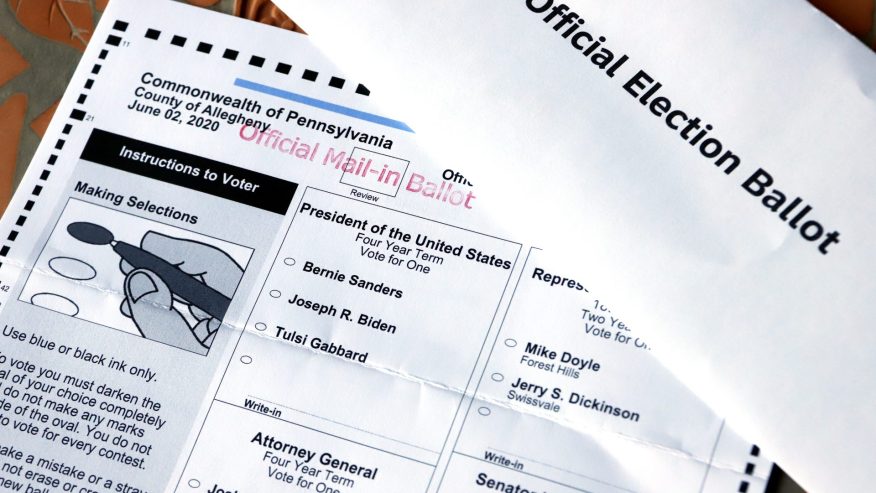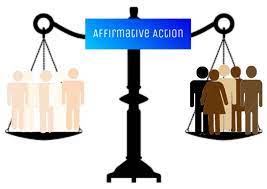He Declined the FBI’s Offer to Become an Informant. Then They Destroyed His Life.
A Fascinating and depressing article about how the FBI can punish you when you haven’t done anything wrong.

THE SLOW UNRAVELING of Khan’s personal life had begun almost a decade before, with a sudden visit from the FBI. Khan had been an international student attending Northeastern University in Boston to study business management. In 2011, after graduating, he returned to the U.S. on a visitor visa. While staying with family, he was approached by the FBI with an offer to become a paid informant for the bureau. Khan declined.
After leaving the country a few weeks later, Khan and his legal team believe he was placed on the U.S.’s no-fly list as well as the terrorist watchlist. “I would say that it is very likely that he is on the watchlist,” said Naz Ahmad, a staff attorney at the Creating Law Enforcement Accountability and Responsibility, or CLEAR, project at CUNY School of Law, who has worked on Khan’s case. Proving his place on a secret watchlist, by its very nature, is impossible without government confirmation, but Ahmad said the harassment of Khan’s associates at U.S. ports of entry as well as comments made to his previous attorney by officials pointed strongly to the listing.
Since the day he left the country, Khan has not returned to the U.S., where he once spent every summer with family in Connecticut, graduated from college, and even became a diehard Boston Celtics fan. “I would say that the five years of my life that I spent in Boston were the best years of my life, hands down. I would recommend Boston to anyone,” Khan said. “I’d been coming to the United States in general since I was a kid, visiting Disney World, traveling all over the country. I loved it. The time I spent there made a big influence in making me the person that I am.”
“The FBI has all this power over you. They’re the gatekeepers of your prison, even though you haven’t done anything wrong to justify being put in there.”
After that fateful FBI visit, many of Khan’s contacts who traveled to the U.S. started to be repeatedly detained at the U.S. border, sometimes for hours. Those stopped included friends and acquaintances in Pakistan, as well as people with whom he was only casually connected on social media. A consistent feature of the stops, something that at least five of Khan’s contacts confirmed, is that they were asked about their relationship with him at the border. The contacts said U.S. Customs and Border Protection officers suggested to them during interrogations that Khan was a dangerous person, a possible terrorist. The officials made it clear that he was the source of their problems at the border.
Please Read The Whole Article






